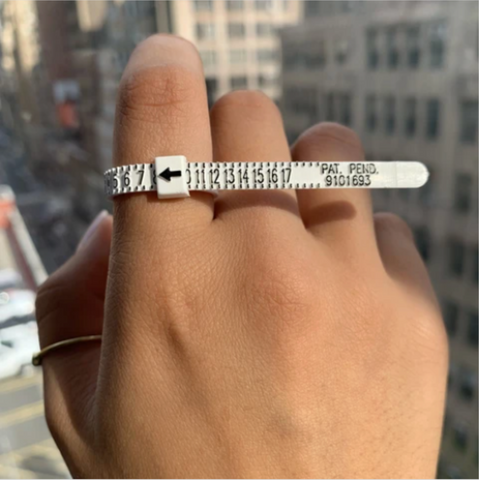When it comes down to certificates, it is always better to have a certificate for the gemstone you’re purchasing than not. But since so many grading systems exist and there can be a wide discrepancy between quality and ethics of the gemologist doing the grading, there are a few things you can do to protect yourself and your investment.
- Always seek an independent, third-party gemstone certificate.
This will likely at least be more accurate as far as documenting the basic features and characteristics of the gemstone. We highly recommend that you avoid in-house gemstone certificates. However, if you come across one and feel good about the company selling the gemstone, you can always inquire whether they will allow you to have a third party evaluation done. Depending on the carat weight of the stone, the process could cost from $80-$300. But if you’re considering a ruby or sapphire or emerald that costs $5,000, it would be well worth it to show the quality of the gemstone is consistent with how it’s been priced.
- Know what grading system the certifying agency uses.
As we discussed about the GIA grading system for colored gemstones, certain biases are likely to be present with any grading system employed. The more you know about the grading system of the chosen agency, the better you can understand how to interpret the certificate. For example, if they tend to be more lenient with color intensity gradings, then you know to consider that grading to be down a level or two in reality.
- Do your homework to be knowledgeable about gemstones.
The best way to advocate for yourself with your gemstone purchase is to be knowledgeable about gemstones. The more you know about the chemical and physical properties of the gemstone you’re considering, the better position you’ll be in to evaluate not only the certificate, but the gemstone itself. This can help make it very clear whether what you’re seeing on the certificate is actually reflected in real life with the stone.
Gemstone certifications are excellent guides to understanding a gemstone and its quality. However, they are not infallible documents. They’re created by people, and people can have certain motives or simply make mistakes. Education is always going to serve you the most when it comes to your gemstone purchase. We’ve covered many of the most popular gemstones at length in our education section. And if you have more questions, we are always here to offer guidance so you choose a high-quality gemstone you love.






